Top 10 Healthy Vegetables
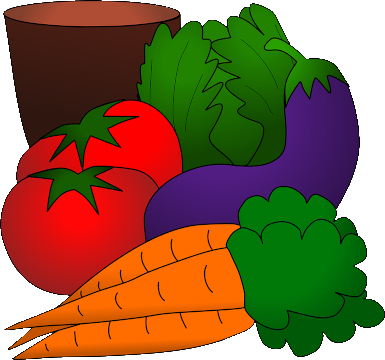
Vegetables. They’re one of the most healthy food groups out there, and it’s essential that everyone has their fair share of them. In fact, they’re so healthy, that even kids from a young age are taught that fruit and vegetables should make up the majority of your diet.
Though there are hundreds of vegetables to pick from, which ones should you eat? Which ones do we know are healthy for us, and which ones are healthier than the rest?
Now I’m sure this is on your mind, so conveniently to save you time; we’ve done the research for you.
Here are 10 Vegetables that you can try that are the most healthy/nutritious for you.
Kicking off our list, we have the all-around, famous Spinach. There are several reasons why Spinach is so great, and they’re all listed below.
Spinach has a high amount of Iron, which keeps us energised and gives us healthy blood. It also contains Potassium and Magnesium, both of which are used to give us a healthy Muscle and Nerve Function. Magnesium also helps in keeping a good immune system.
It’s full of Vitamin A, B, C, E and K. Vitamin K is particularly important as it promotes bone metabolism, which is how well bones absorb calcium.
Spinach is high in Calcium too, which is the stuff that keeps our bones nice and strong.
Spinach also contains a bunch of antioxidants, useful for anti-inflammation and also anti-ageing. So to keep you looking young, have some more spinach!
It’s also virtually tasteless, so you can add it to a lot of different dishes, sneak in some of those good minerals!
To those who have a meat/dairy-free diet, you can find a lot of the minerals you need in Spinach.
One of the best flowers to date, the cauliflower… Yes yes I know it’s not a flower but it makes for a nice intro. Cauliflower is great for numerous reasons. Each cup contains about 27 calories. In addition to this, it contains a lot of Vitamin C and K. Vitamin C is used for many processes, namely protecting cells and keeping them healthy. It also helps maintain healthy skin, blood vessels, bones and cartilage. Cauliflower also contains Fibre, which can boost the health of your heart and gut. Fibre also prevents digestive issues and reduces the chance of obesity.

3. Asparagus
Asparagus is rich in Folate, which is one of the B Vitamins. Your body will need folate to make DNA and other genetic materials. In order for cells to split, your body needs Folates too.
Asparagus also has something called Selenium. Selenium is very important for reproduction and helps your thyroid gland function properly. It also contains a lot of Vitamin K and Vitamin B. Asparagus also is believed to help support the Liver’s Natural D detoxification process.
I remember my parents would always say that the more carrots you eat, the better your vision will be. Though I never really bought into it. But low and behold, it is true, it really is. Carrots contain Vitamin A and Carotenoids, which are the fancy stuff that help you see better. In fact, Carrots have four times the recommended amount of an Adult’s daily Vitamin A intake.
Carrots also contain Fibre and Potassium, and if this wasn’t enough, Carrots can help protect against cancer.
Also known as mini-trees, well not officially but it’s not entirely wrong. Broccoli contains a lot of nutrients that help improve the health of your heart, help fight cancer, and help rebalance your blood sugar.
The low amount of calories (about 55 calories per cup) and a high amount of Fibre make it an ideal vegetable for consumption. Vegetables aren’t typically known to have a high amount of proteins, which is where the Broccoli comes in. 100 grams of Broccoli contains about 2.7 grams of protein. So to all of you guys who are on plant-based diets, the broccoli provides a good alternative.
It also provides the full adult intake for Vitamin K and twice the recommended amount of Vitamin C.
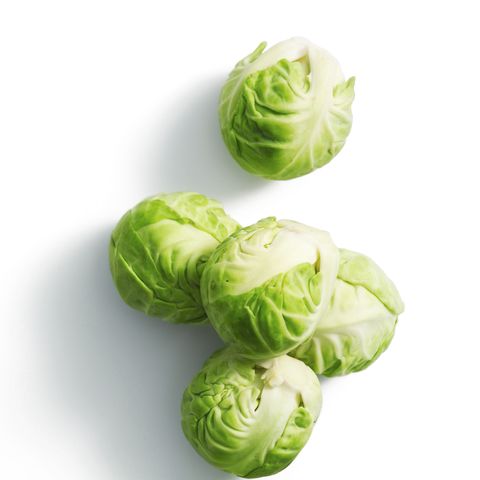
6. Brussels Sprouts
Sprouting in the heart of Brussels; comes the Brussels Sprouts (see what I did there?). These little sprouts may be small, but they pack a hell of a punch. They help fight inflammation, and are very sulfuric which helps in methylation. So in normal terms, it keeps our detox pathways functioning optimally.
Brussels Sprouts offer some of the same benefits as broccoli, but they also contain an antioxidant called kaempferol, which is known to counteract cell damage. Brussel Sprouts are also full of Minerals, Fibre, Vitamins A, C and K. And they have a lovely 3 grams of fibre per cup.
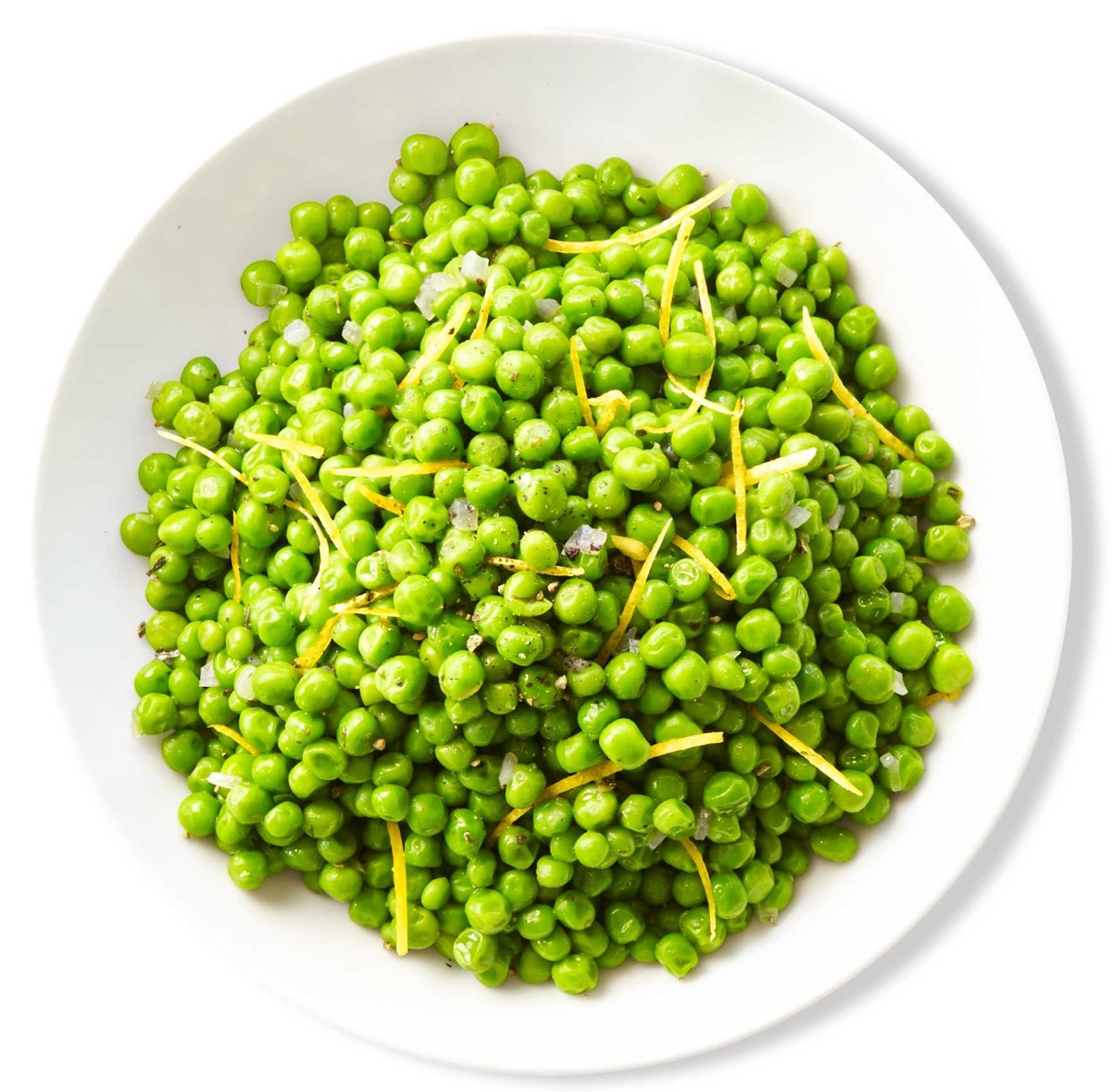
7. Peas
Pretty much the only vegetable I, and I think most kids, would willingly eat. These little things are the definition of “the more, the merrier.” Peas contain Carbs, Fibre and Vitamins A, C and K. However, the peas also carry a whopping 6 grams of protein for every 100g of them you consume, making them a pretty good alternative for those who are on a meat-free diet.
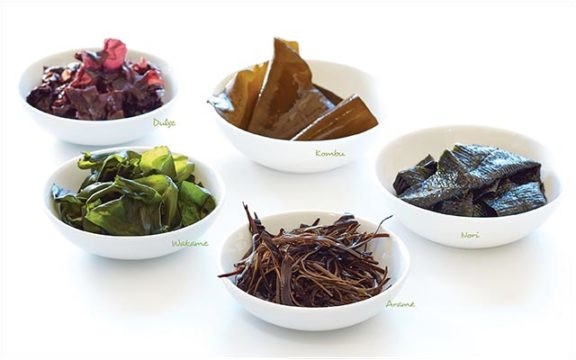
8. Sea Vegetables
Who would think that the stuff that wraps around your legs when you go into the water on the beach is actually good for you? Well… probably not those ones but other sea vegetables (also known as seaweed) are very versatile and have all kinds of health benefits. Common seaweeds include Kelp, Nori, Sea Lettuce and Wakame.
Seaweeds are one of the only plant-based sources of Omega-3 acids. These acids are paramount for a person’s health and are typically found in meat and dairy sources, so Seaweeds serve as a good substitute.
Although all types of seaweeds are slightly different, most of them provide a high amount of Iodine, which is essential for thyroid function. Though having too much of this can actually cause damage to your thyroid; keep a healthy balance of this!
Some seaweeds provide us with important antioxidants, which reduce damage to the body’s cells.
A substance called “Chlorophyll” (the same stuff that causes plants to appear green) has anti-inflammatory properties. Note that Brown Sea Vegetables such as Kelp and Wakame contain a different antioxidant called fucoxanthin. Research has indicated that this chemical has over ten times the antioxidant power of Vitamin E.
Beautifully Colourful, the Bell Pepper comes in all varieties. Wonderfully low in calories (roughly 39 calories per cup), the Bell Pepper also has a high amount of Vitamin A, C, Potassium, Folic Acid, fibre and antioxidants. Now that sure is a mouthful. All of these have been explained at some point in this article already. However, Bell Pepper has another surprise in store for you; it contains Lutein. Lutein is a chemical that helps protect your vision, letter you stare at all those beautiful different colours that the Bell Pepper provides.
Ah Garlic, used by humans for generations in cooking and medicine. Garlic has a roughly small 4 calories per clove. Although Garlic is low in Vitamins and Minerals, it is a natural antibiotic. Some of the compounds in Garlic help reduce blood pressure, lower cholesterol levels, and lower something called “oxidative stress”, which in turn helps the health of your heart.
And there you have it folks, 10 very healthy vegetables for you to have, may it be as it is, or as an ingredient to an elegant dish; the possibilities are endless.

 Free delivery to selected areas!
Free delivery to selected areas!
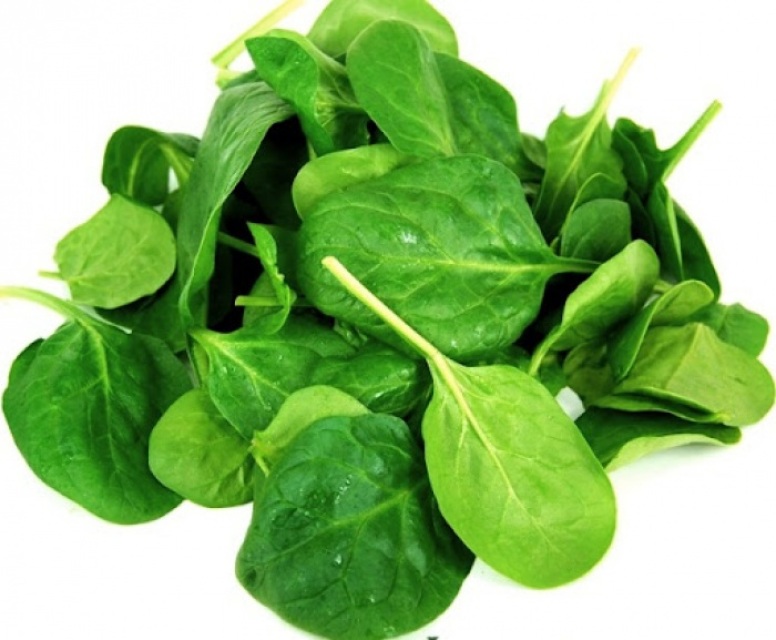

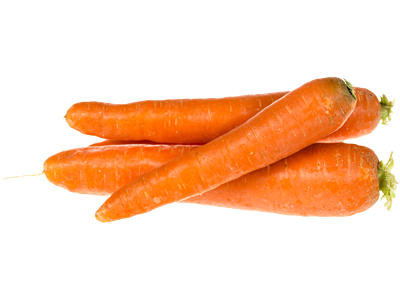

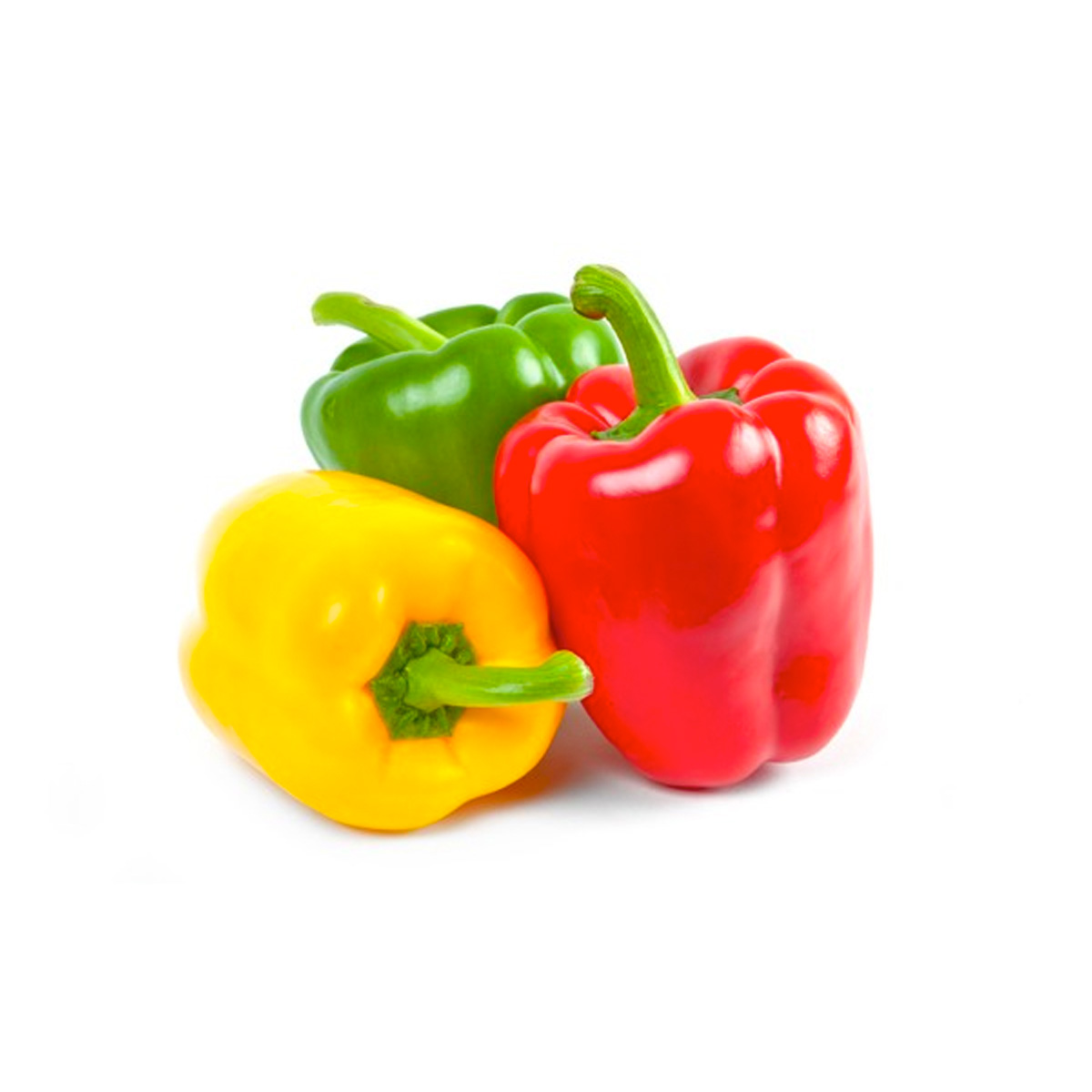



















Comments